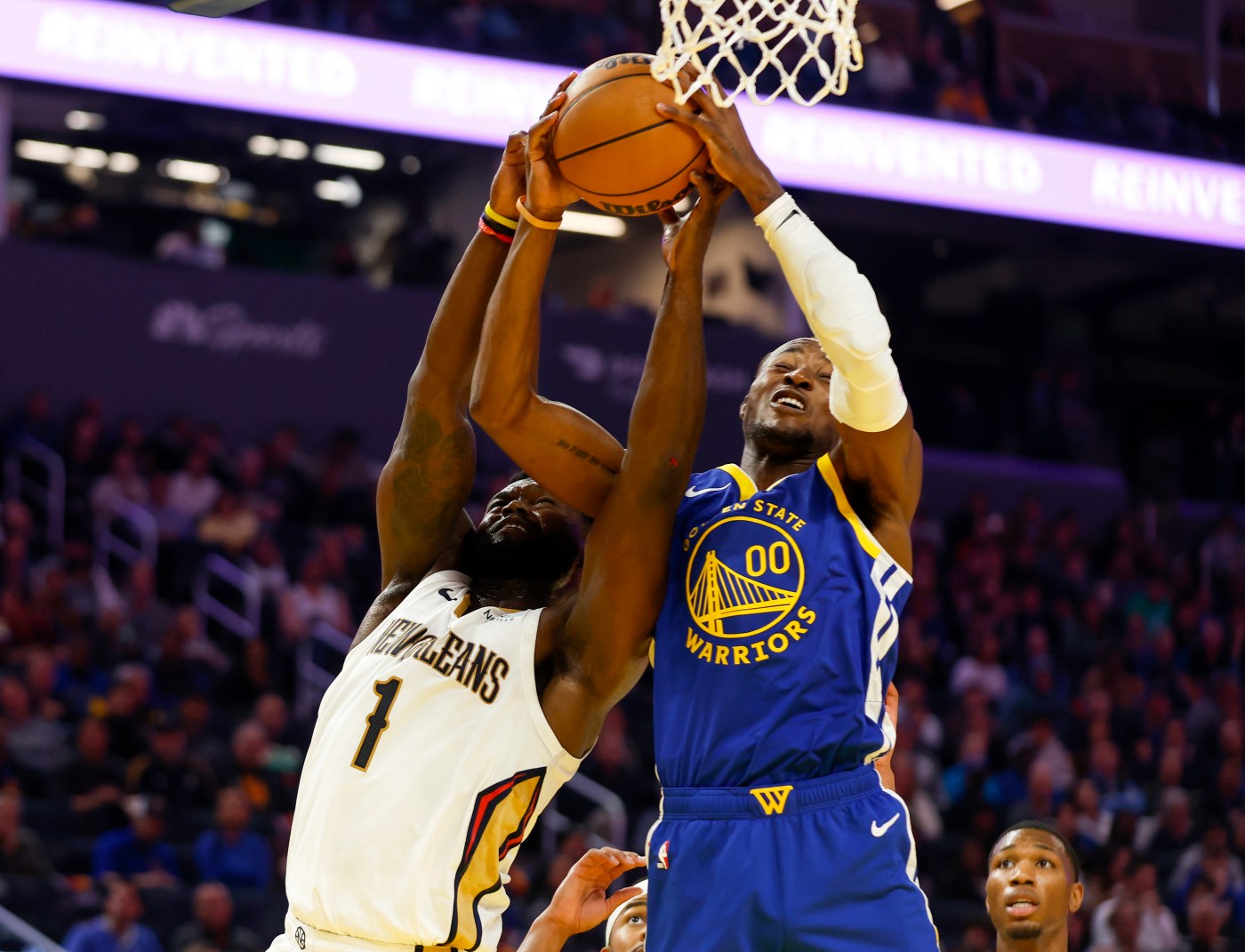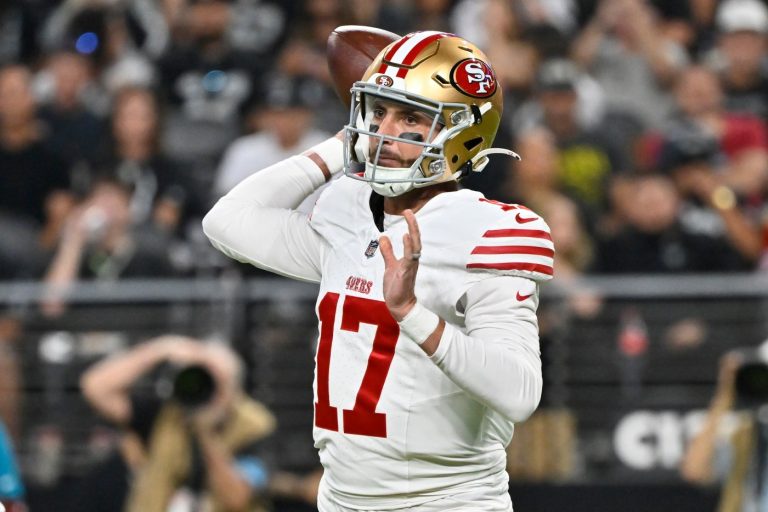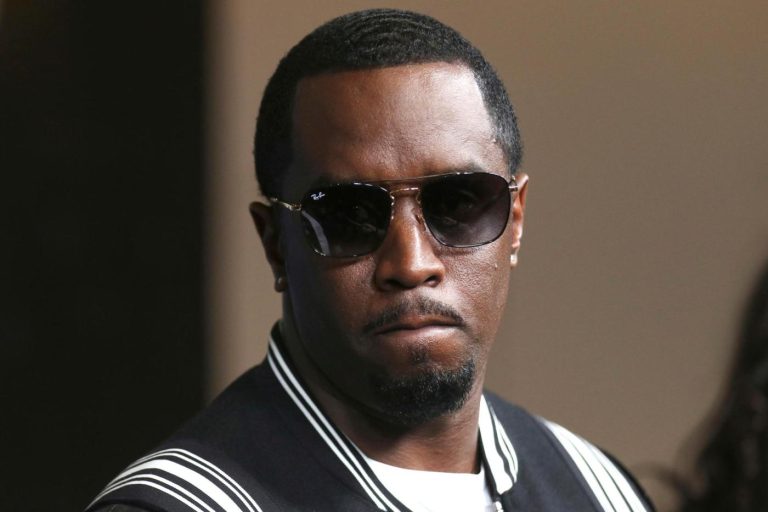Just like last year, the Warriors — with an average height of 6-foot-4 — are the shortest team in the NBA.
And just like last year, they’re proving size isn’t everything when it comes to rebounding.
After leading the league in rebounds per game last season with 46.7 per game, the Warriors rank second in the category this year at 48.4, behind only Houston (49.7). They’re seventh in offensive rebounding rate and fifth in second-chance points.
It’s still early in the season, but continuing last year’s anomaly makes it a trend. The Warriors have found a workaround to being undersized on the glass.
They’re just not quite sure what it is.
“Well I think some of it is we play fast and so we’re trying to generate a game that rewards speed and quickness,” Steve Kerr said on Thursday.
“I think we have a quick team at a lot of positions. We’ve got some smart players. Draymond is always going to be part of a good rebounding group. Not necessarily as the guy who’s getting the ball, but boxing out, being in the right spot. Being in the right place defensively that leads to a tough shot, that maybe doesn’t end up with that many angles for offensive boards.”
“I don’t have an exact answer, but I think some of those things play in.”
Parsing through all those factors doesn’t explain the phenomenon, either. Golden State certainly does have team speed — and they’re definitely quicker than they were last year with Chris Paul, Klay Thompson and Dario Saric — but they’re not the fastest team in the league. They rank seventh in pace and 20th in possessions per game; there aren’t more rebounding opportunities for the Warriors in a given game based on their play style.
Green, meanwhile, is averaging his lowest rebounds per game figure since 2014-15. But Kerr’s point stands: Only casual fans would ever use basic counting stats to try to capture Green’s impact. He’s always in the right spot defensively, and is one of the best in the league at boxing out, combining his body positioning, strength and hustle.
Green has even taught young center Trayce Jackson-Davis a trick or two.
“A tip that I’ve kind of stolen from Draymond a little bit is boxing my guy out and try to tip it out to one of our guys,” Jackson-Davis said. “Just rebounding in numbers.”
But even in Green’s 2016-17 Defensive Player of the Year season, the Warriors were tied for seventh in rebounding per game. Not top-two.
At least with this season specifically, Kevon Looney is an obvious X-factor.
Looney, shedding about 20 pounds this offseason by fasting daily until the afternoon is nimbler. And after falling out of Golden State’s rotation for long stretches last year, he has been as effective as ever.
The 10-year veteran already has five double-digit rebound games; he had 11 in 74 games last season. Looney ranks second in offensive rebounds per game despite playing 16.1 minutes per game. Nobody has a higher rebounding percentage (22.2%) and he scores as many second-chance points per game (2.8) as Zion Williamson.
Against Dallas earlier this week, Looney created a myriad of extra possessions with nine offensive rebounds.
“It’s kind of changed my approach to how I go for offensive rebounds,” Looney said of losing weight. “Over the last couple years, I was able to push people around. I was a little stronger, able to move guys. Going through preseason, I was trying to figure out what’s going to be my best way — using my quickness or being more physical. Trying to find that combination of doing both depending on who’s guarding me, what center I’m going up against. And I’ve been figuring it out.”
Golden State’s rebounding philosophy goes something like this: Gang rebound to close possessions and crash from the corners selectively on the other end.
That’s not exactly innovation that excites.
But the Warriors have made it work. Looney is a rebounding superstar, and Green being a generational defender helps a lot. Brandin Podziemski is an elite rebounder for his position, as is Gary Payton II. Andrew Wiggins (91st percentile in offensive rebounding at his position) has played with energy, as has Jonathan Kuminga.
Playing a 12 or 13-man rotation has kept everyone fresh and bouncy. If you’re only expected to play in five-minute bursts, it makes sense players would give more consistent effort, even on hustle plays and rebounding.
Shot diets on both ends of the court could also be variables. Long rebounds, which can go 50/50, are more common with teams that shoot a lot of 3-pointers. The Warriors take the eighth-most 3s in the league, and force the 17th-most, per Cleaning The Glass. Neither number is a smoking gun.
It’s also possible that Golden State’s rebounding prowess fades away. Ranking 23rd in defensive rebounding percentage is a red flag. Their early numbers could be juiced by playing against weak opponents (Utah, Washington, Portland) or teams with injuries (Chet Holmgren and the Thunder, Steven Adams with Houston, the Celtics without Kristaps Porzingis).
Related Articles
Warriors guard De’Anthony Melton sidelined again with injury
KNBR shakeup: Tom Tolbert, John Lund out at San Francisco’s longtime sports talk radio power
‘It was surreal’: Klay Thompson, Steph Curry reflect on epic homecoming for Warriors icon
‘It’ll always be weird.’ What Klay Thompson’s return to the Bay really meant to him, the Warriors
Photos: The Warriors and their fans give Klay Thompson a fitting homecoming
With all of the signature early wins, Steph Curry clutch moments, impressive depth and revamped defense, Golden State’s rebounding prowess has flown under the radar. But it’s all related, and sustaining the work on the glass will be key in sustaining the rest.
Even if what it takes to maintain it is somewhat of a mystery.












